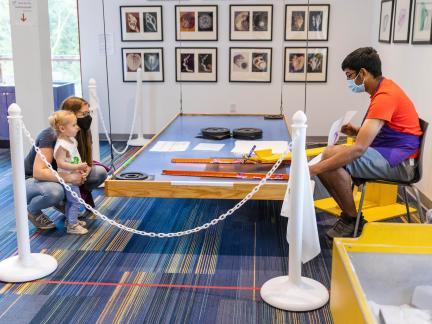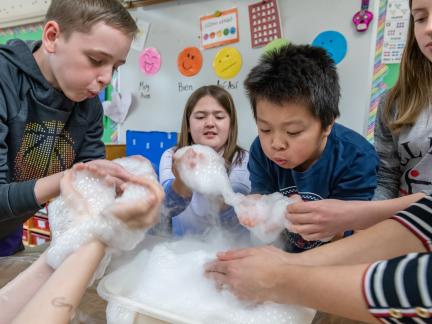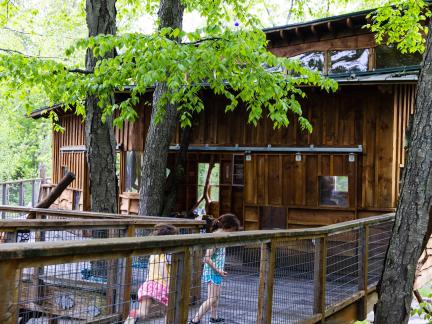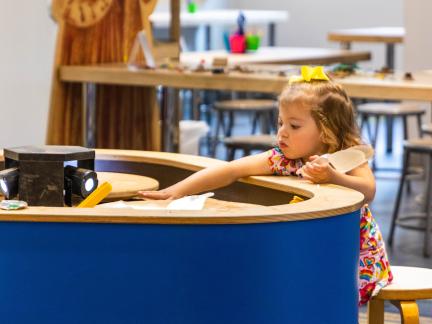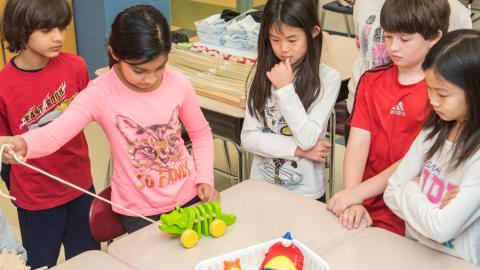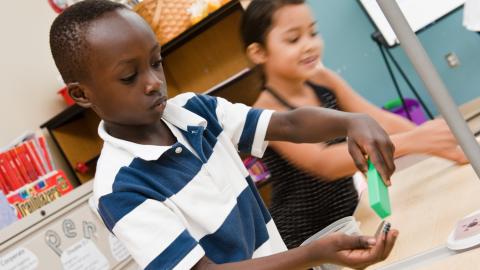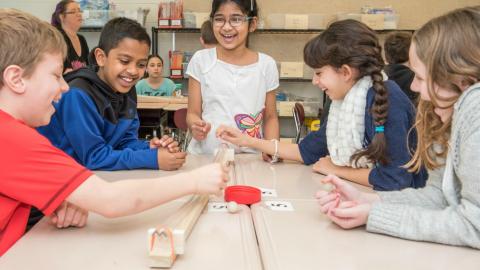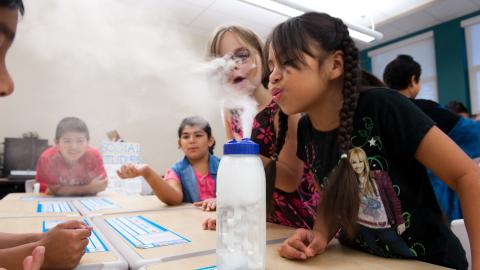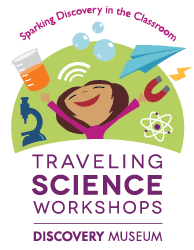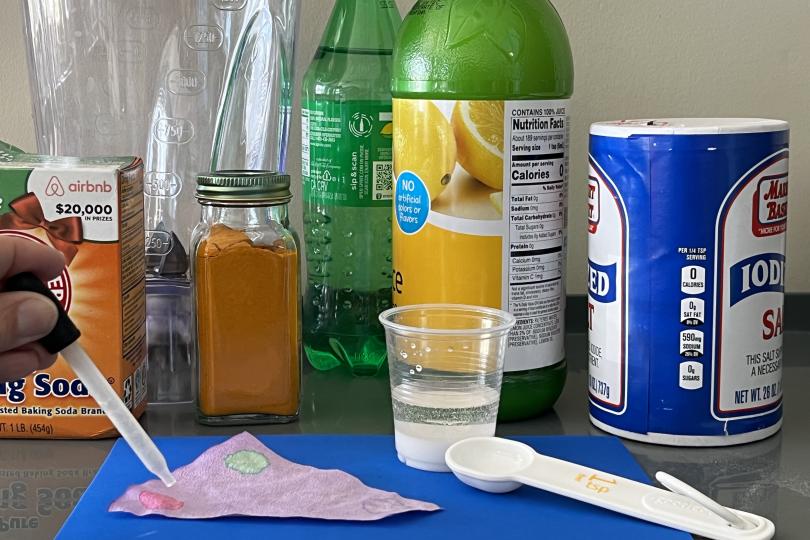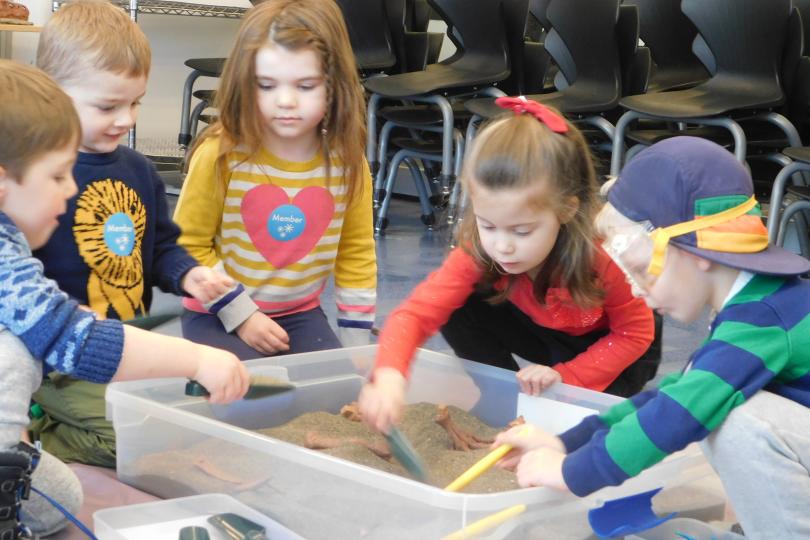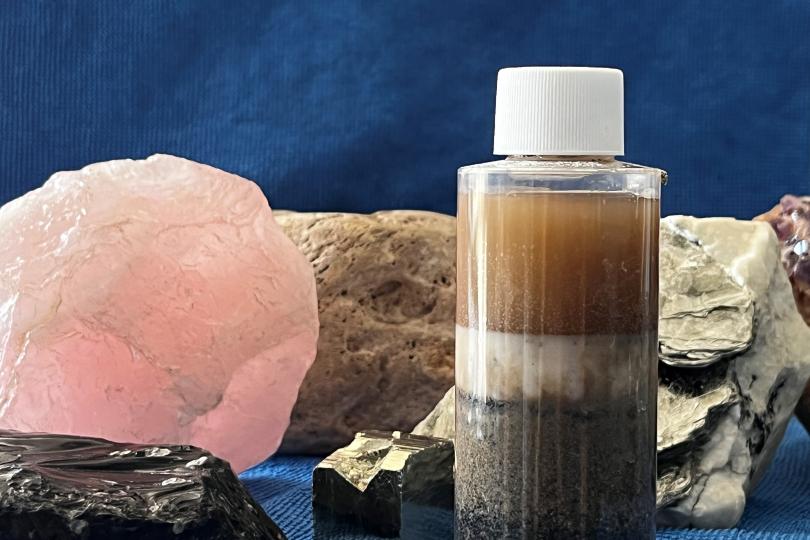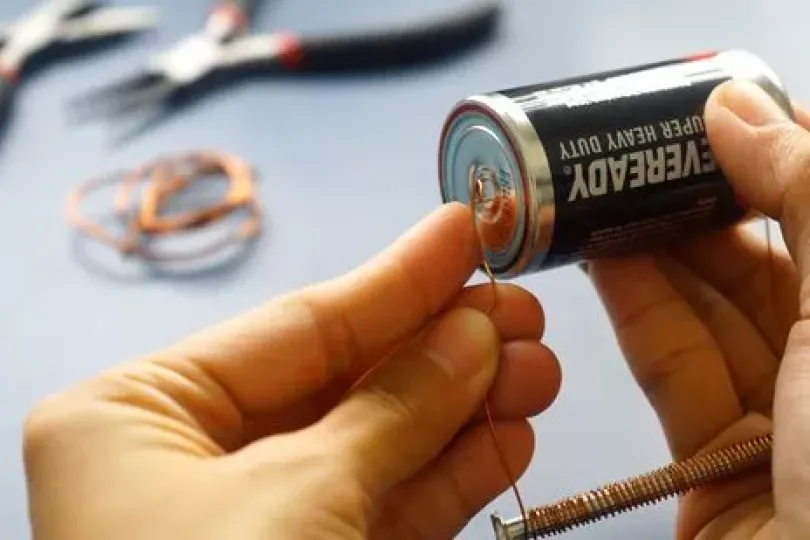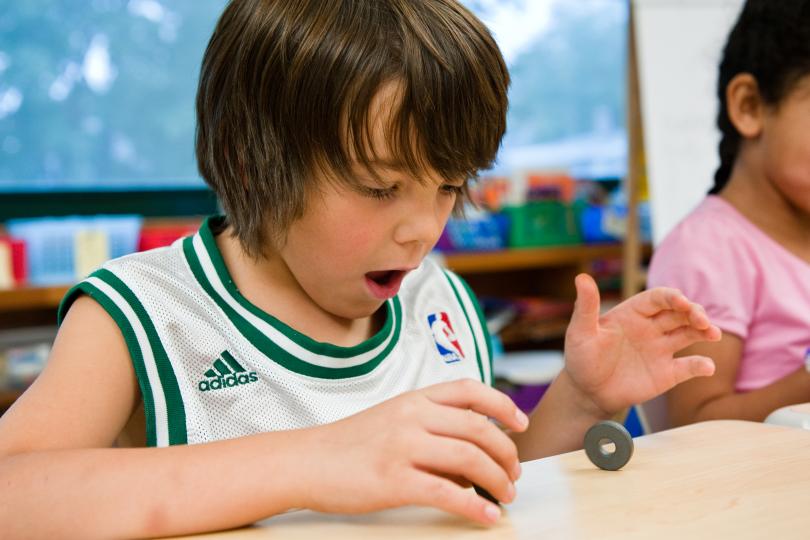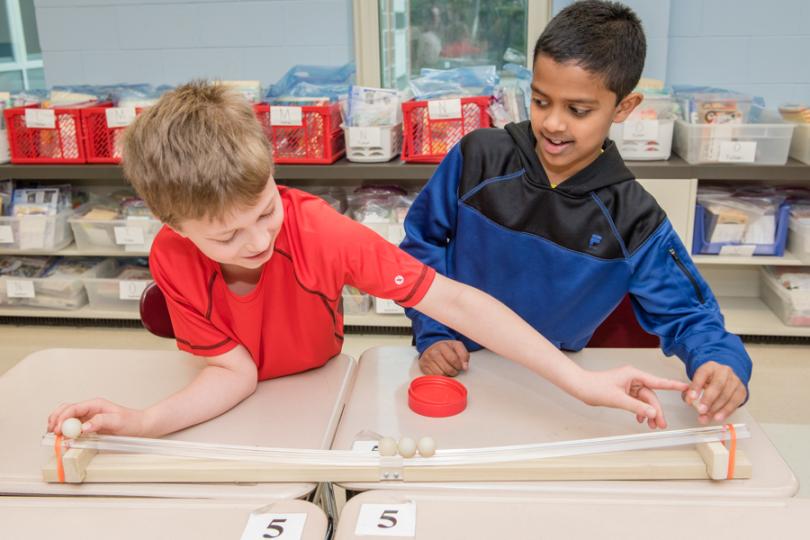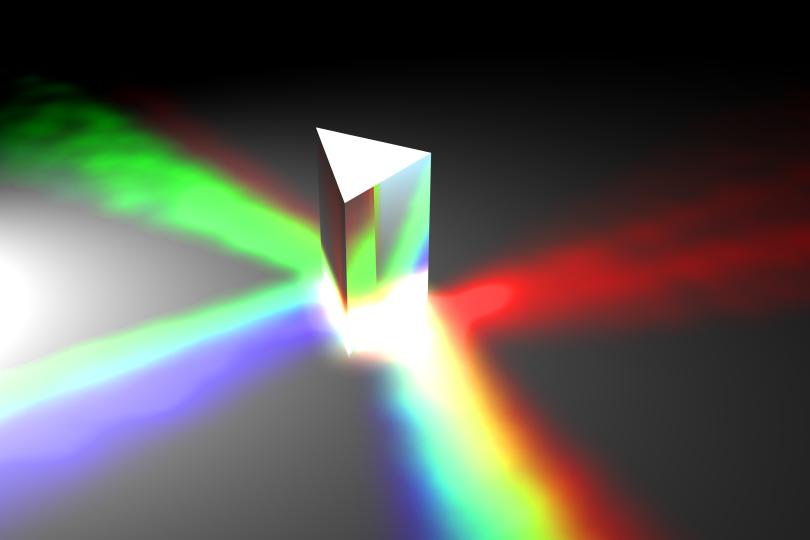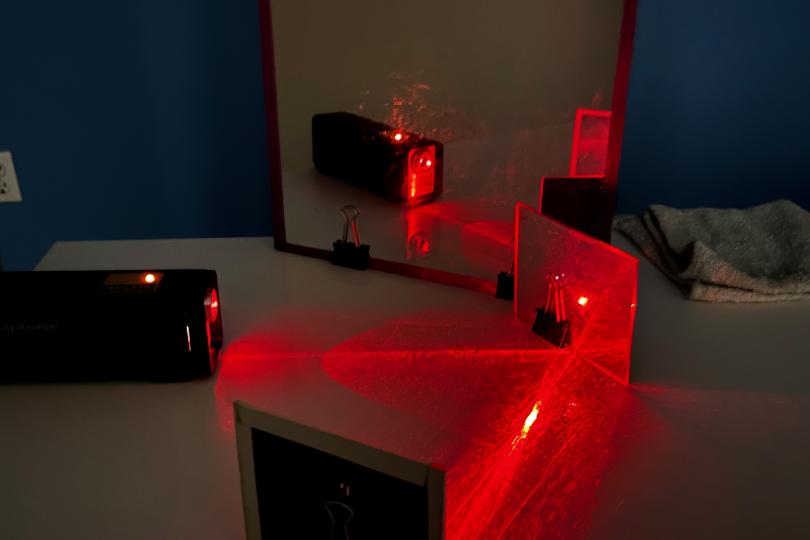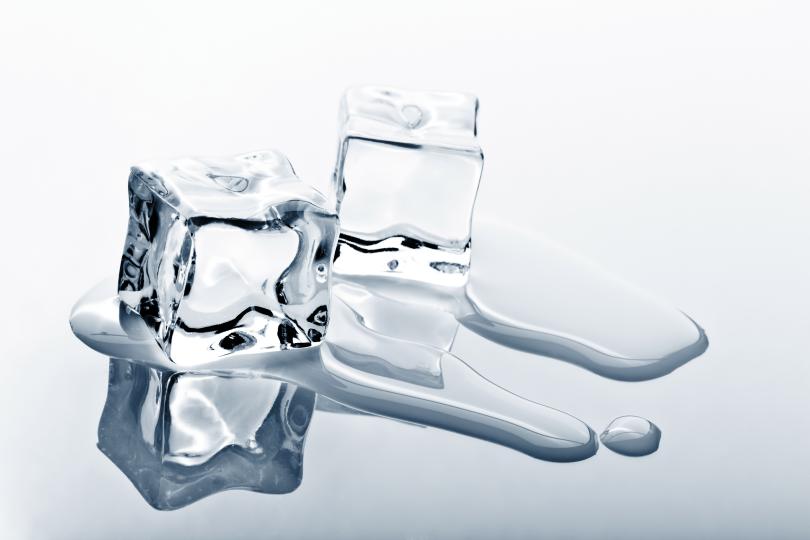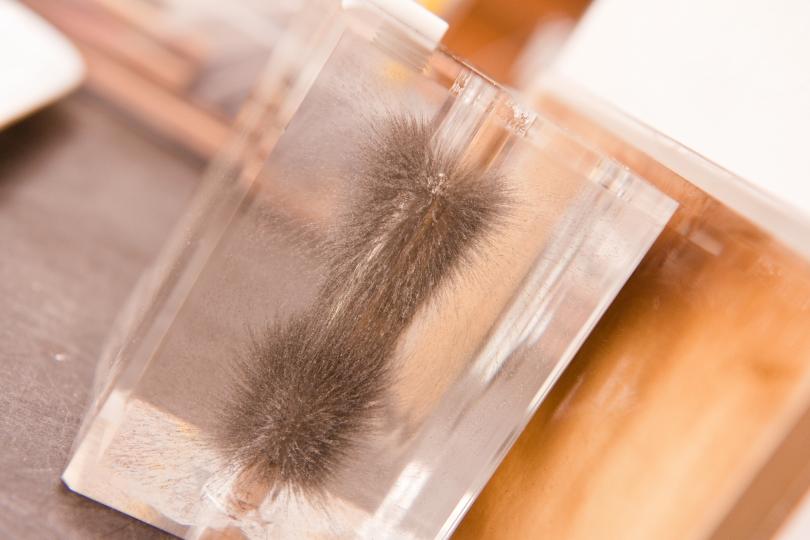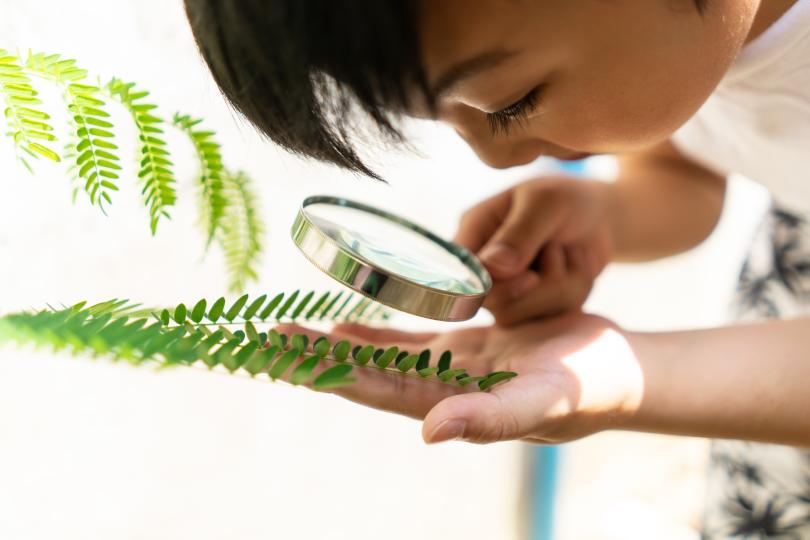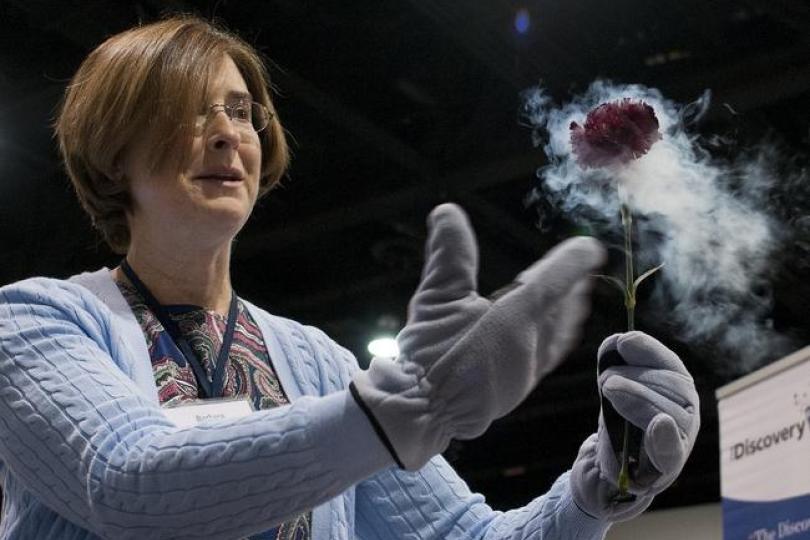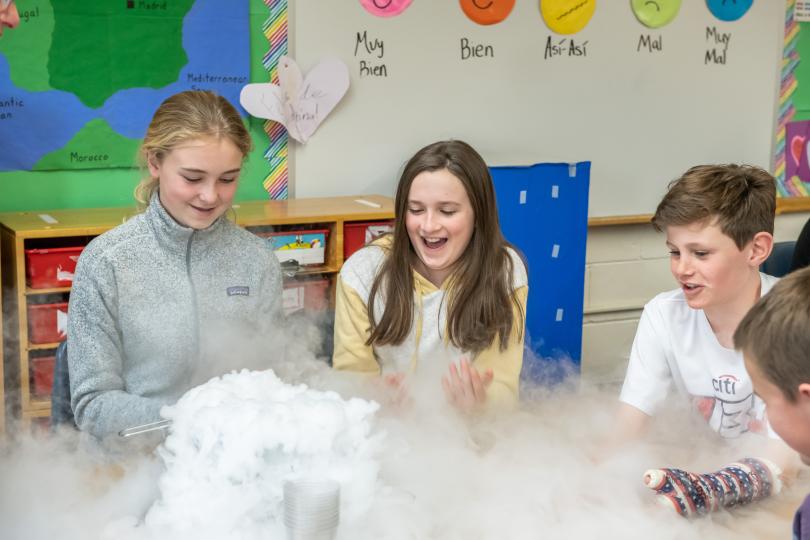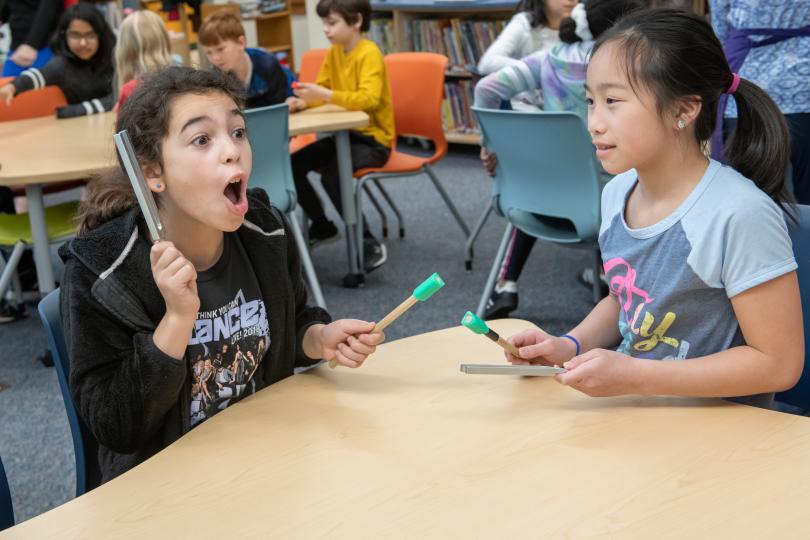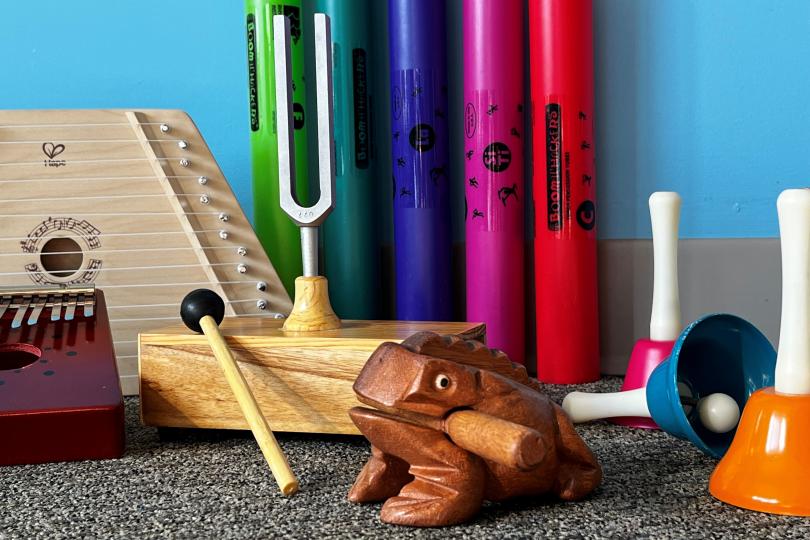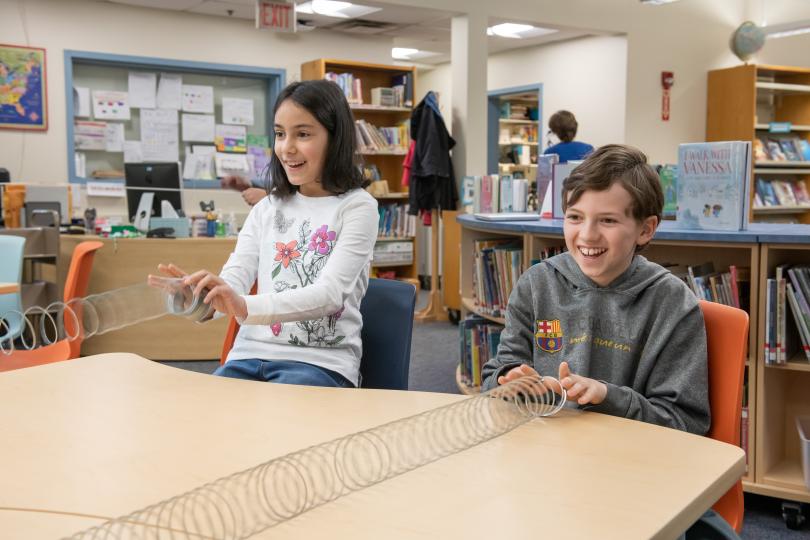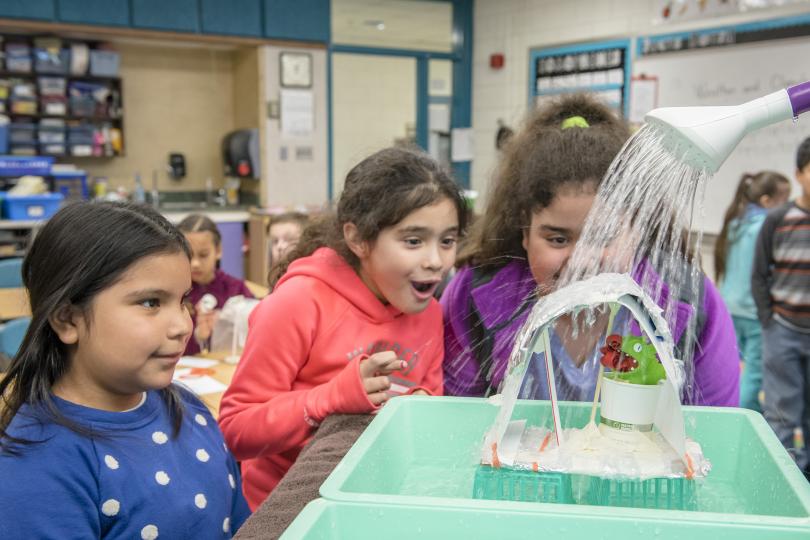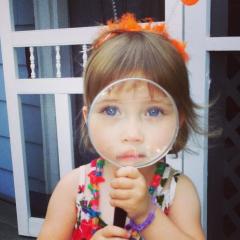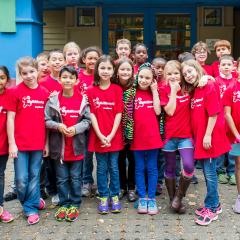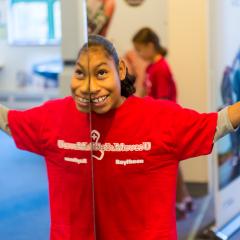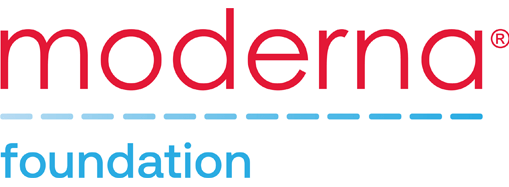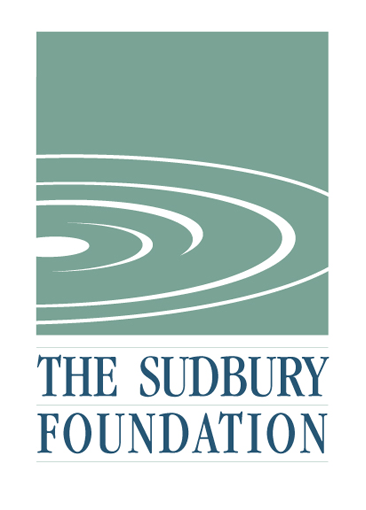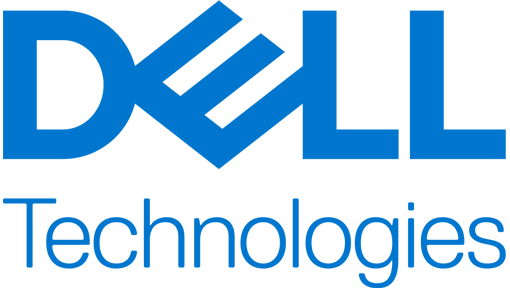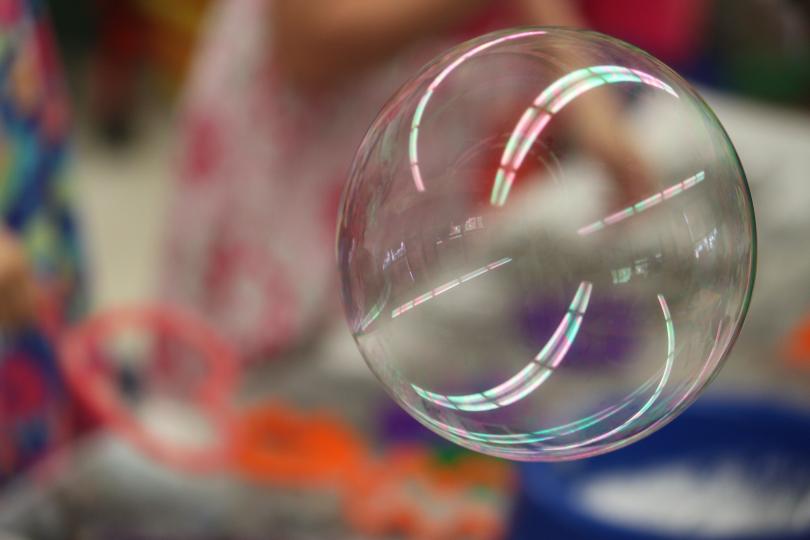
Traveling Science Workshops
Sparking discovery in the classroom for more than 30 years!
Since 1992, our highly skilled, dynamic educators have worked side-by-side with teachers to inspire students with fun, hands-on STEM workshops delivered right in their classrooms. From Physical Changes of Matter to Force & Motion to Weather, topics are designed to spark curiosity and strengthen the practices of science and engineering. Workshops are convenient, affordable, and support the Massachusetts Science and Technology/Engineering Curriculum Framework for PreK through 8th grades.
- Choose from more than 20 hands-on STEM workshops for students in grades PreK-8
- Small group, highly interactive learning experiences delivered to each individual classroom of students
- Workshops support the Massachusetts Science and Technology/Engineering Curriculum Framework
- Discounts are available when a workshop is combined with a Field Trip to the Museum. Learn about this and other great Ways To Save.
- Check out these potential sources for funding your workshop.
View and download the complete 2025-2026 workshop listing
Are you a teacher? Check out our Field Trips!
If you have questions or would like help selecting the best programs to support specific grade level standards, please contact ctroccolo [at] discoveryacton.org (Carly Troccolo), Scheduling Manager, via email or at 978-264-4200 ext. 121. If you need other assistance, please contact kwatt [at] discoveryacton.org (Kathie Watt), Assistant Director of School Programs, via email or at 978-264-4200 ext. 122. Click this link to sign up to receive our quarterly school programs emails.
If ready to schedule a workshop, please use the form linked below.
More Information
Avidia Charitable Foundation
Fred Harris Daniels Foundation
Nathaniel and Elizabeth P. Stevens Foundation
New England Biolabs
Pegasystems, Inc.
-----------------------------
Faith Home
Insulet
